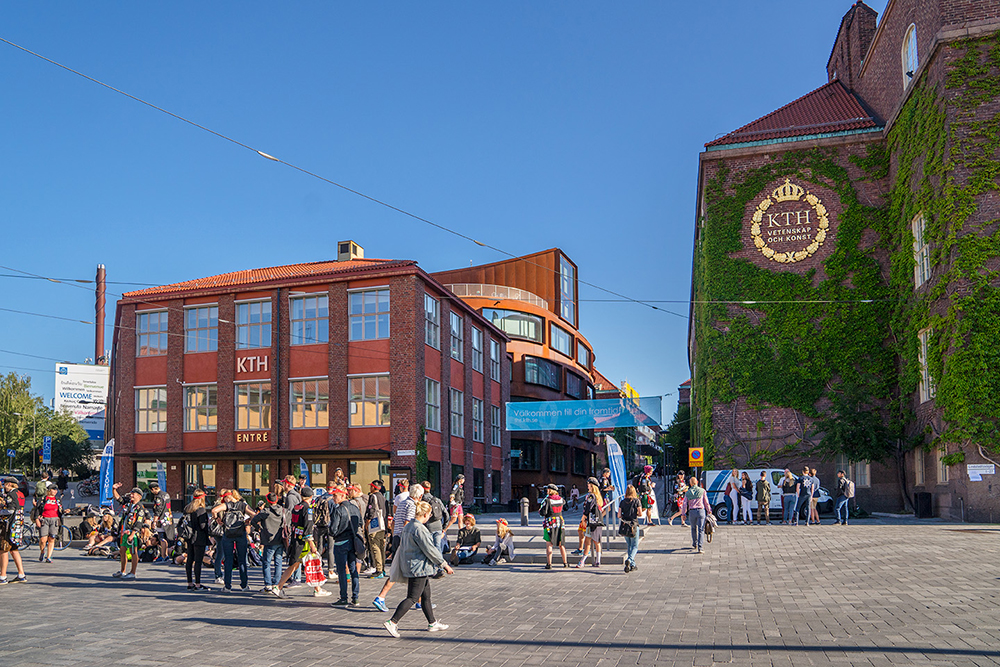KTH ranked among world's top universities in sustainable development

KTH was ranked among the world’s top 100 universities for impact related to sustainability, Times Higher Education announced yesterday.
KTH comes in at 77th place among 766 universities in the Times Higher Education Impact Rankings . The ranking assesses the social and economic impact of higher education institutions, using the UN’s 17 Sustainable Development Goals as criteria.

Göran Finnveden, professor of Environmental Strategic Analysis and vice-president for Sustainable Development at KTH, says that even though the university did not rank as highly as compared with the previous year, the overall results reaffirm KTH’s global standing on the matter of sustainability.
“Of course, we want to be better,” Finnveden says. “Our ambition is to be one of the world’s leading technical universities with regard to sustainable development.”
The rankings were announced in a special online event that included panel discussions, which THE had organized in lieu of a live presentation that was to have taken place at KTH this month. has been rescheduled for April 26-28, 2022.
More universities participated in the 2020 survey
When the Impact Ranking was introduced in 2019, 500 universities took part in the survey and KTH was ranked 7th overall.
“We had expected this lower ranking, since many more universities, and many more prominent universities from different parts of the world, took part in this year’s survey,” he says.
“Nevertheless, it is good to be recognized among the top 100,” he says.
Among the 17 SDGs, KTH placed 52 in Sustainable Energy for All; 55 in Sustainable cities and Society; 13 in Sustainable Consumption and Production; and 51 in Climate Action.
Panel touches on sustainable development and COVID-19
Before the presentation of rankings, a panel discussion focused on how the SDGs can contribute with new ways to measure innovation and impact. The topic shifted to what consequences the coronavirus/COVID-19 crisis may have for the relationship between curiosity-driven and needs-driven research.
“I think it is important to have a balance,” Finnveden says. “On the other hand, research funders have to look at how they can use the sustainability goals in their calls for proposals.
“Research that is based on the SDGs will lead to basic knowledge development. We have seen that in other areas.”
He says it is significant that science has become the center of world’s attention with the outbreak of the coronavirus pandemic.
“This shows clearly how dependent we are on scientific knowledge,” he says. “both for understanding the situation and handling it. It shows that research is needed to respond to society’s challenges.”
Håkan Soold

